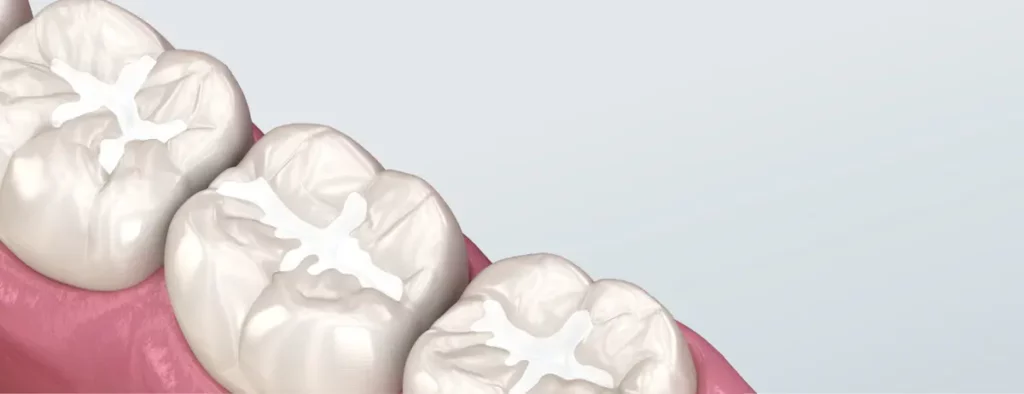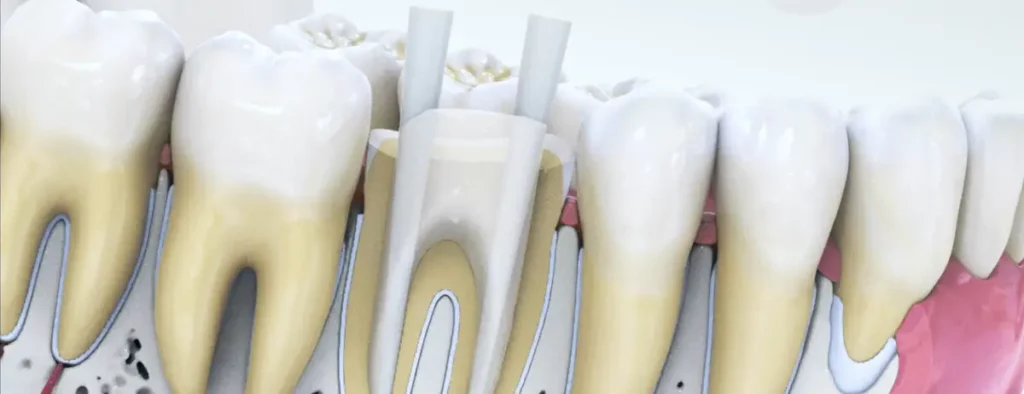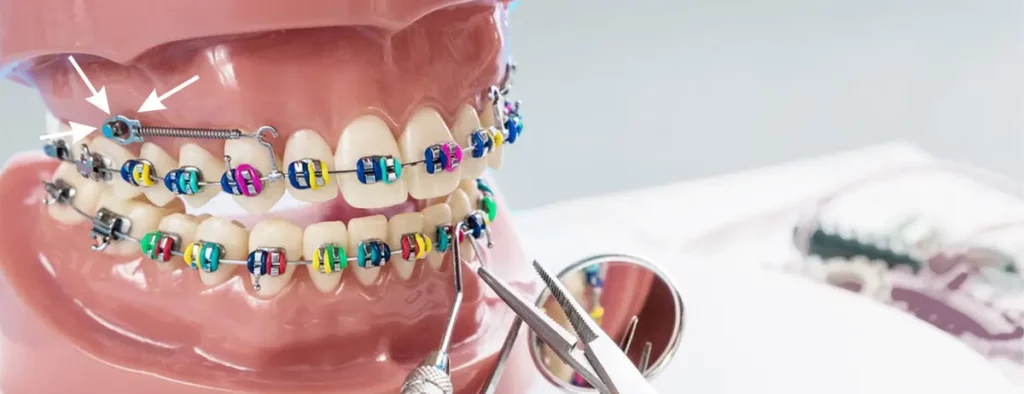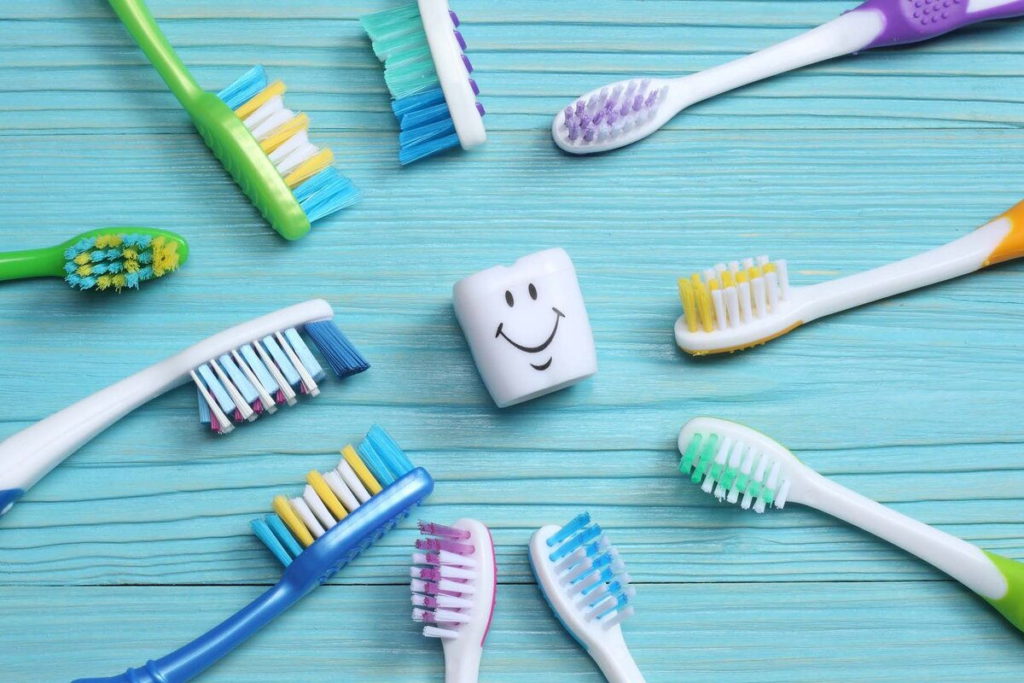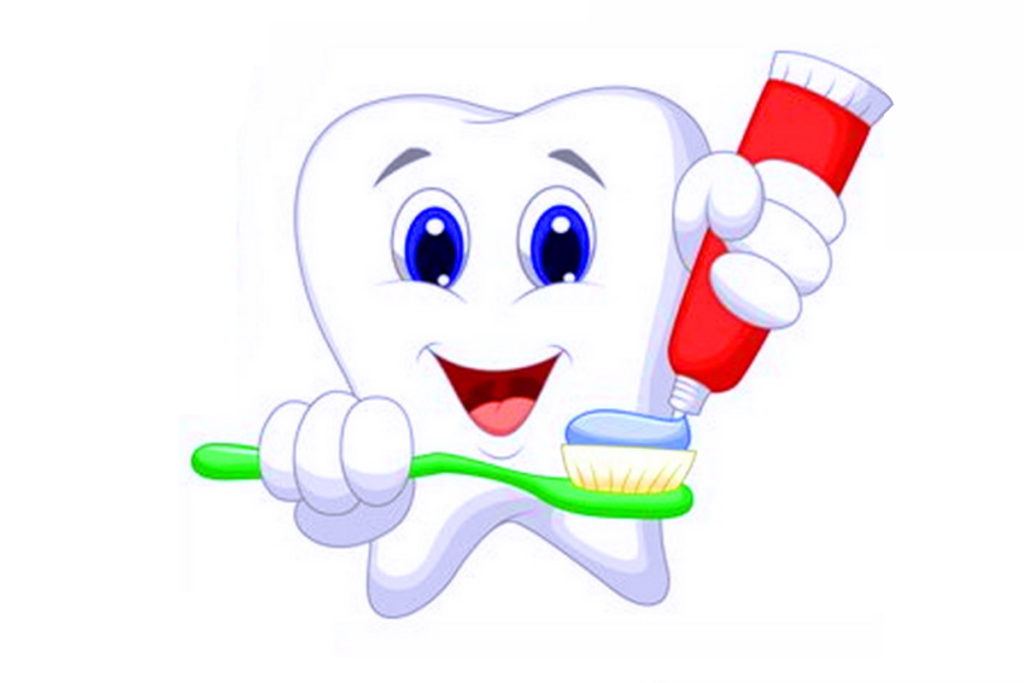
Losing teeth in old age seems natural, because teeth grow and develop until the age of 20, after which they begin to gradually weaken and collapse. In fact, there are also cases in which children’s teeth simply do not grow. This pathology is called adentia or congenital absence of teeth. At the same time, it is not at all necessary that all the teeth of the child do not grow – if at least one tooth does not erupt, this is already considered adentia.
Continue reading “Congenital absence of teeth”

